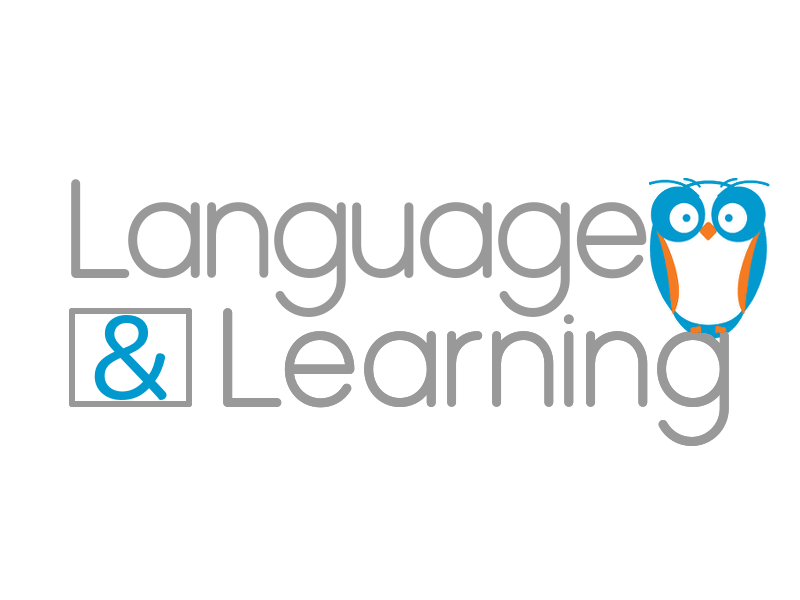We often work with families who are initially unaware of the differences and similarities between language therapy and academic tutoring, so we wrote this post to clear the air!
Many students would benefit from either of these services, but in determining which is best for you, you should consider whether your child’s primary need is further explanation and repetition of academic material, or working on underlying skills that are impacting his/her ability to access the curriculum (e.g., how to initiate and work through complex tasks, higher-level analytical comprehension, formulating and organizing written language).
For students who are having difficulty with underlying skills, typically more than one academic class is impacted. For example, if a student has difficulty with processing and comprehending auditory information, he/she may struggle to absorb information presented verbally in the classroom, take notes, follow complex verbal directions, and participate when called upon or in classroom discussions. While some classes rely more heavily on these skills than others, they play a sizeable role in a student’s daily life. A student who is having trouble in only one subject area may simply have difficulty with the content of that particular class, in which case an academic tutor may be able to help rectify this problem by providing clarification of the material and supporting the student through completion of classwork and preparing for tests.
While language therapy and academic tutoring differ in the goals being addressed, a language therapy and tutoring session may appear very similar on the surface level to a student or parent. Of course parents and students want to see improvement in academic skills, but for many an important goal is also helping the student manage all of their academic work. Both academic tutoring and language therapy sessions can help meet this goal. During sessions in which academic work is being completed, a tutor’s primary focus will often be on clarification of curricular material, answering questions about assignments, and providing feedback to enhance the student’s academic work. A speech-language pathologist on the other hand, when completing academic work with a student, will utilize academic activities to address underlying cognitive-linguistic skills and implement compensatory strategies so that on future assignments (regardless of subject matter), the student is better equipped to complete the assignments more effectively.
Academic tutors who are specialized in alternative teaching methods and reading and math fundamentals are also able to target underlying skills and foster independence through implementation of compensatory strategies. Particularly in terms of reading skills (i.e., “decoding”), a specialized academic tutor and a speech-language pathologist may be similarly effective for your child. In this case, the choice between a specialized academic tutor and a speech-language pathologist may be based on whether additional vulnerabilities are present, and if so, the nature of these vulnerabilities. At Language & Learning, we offer language, academic, and executive functioning therapy, conducted only by carefully selected, experienced, and talented professionals. Contact us for more information about how we may be able to help.
